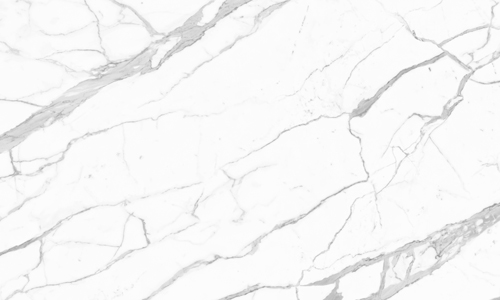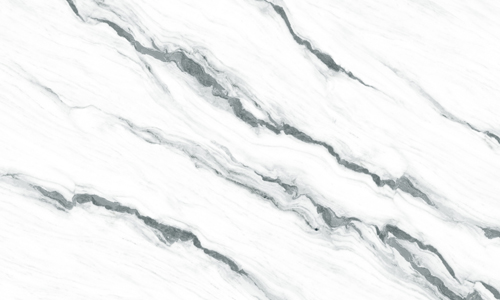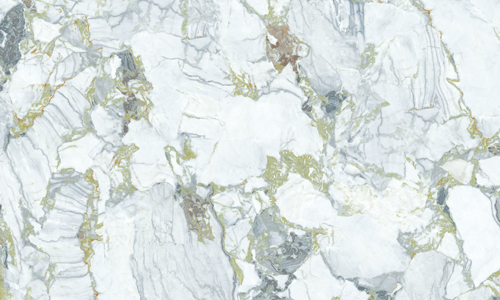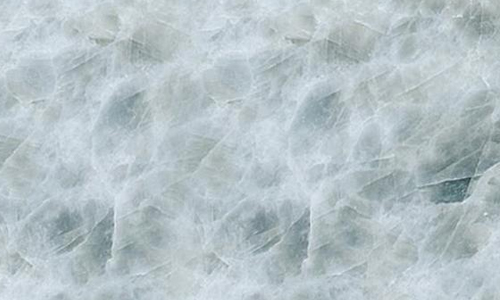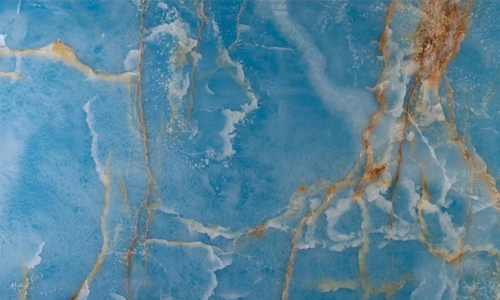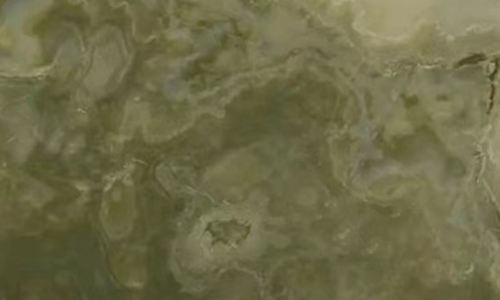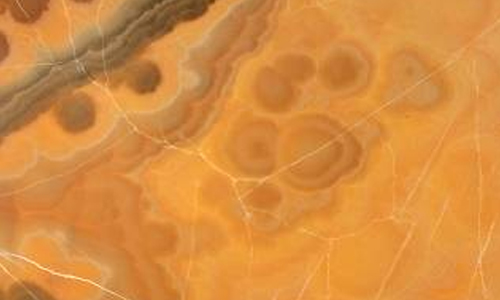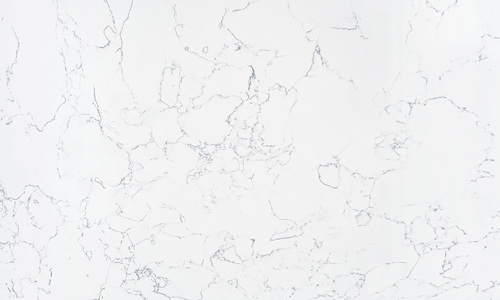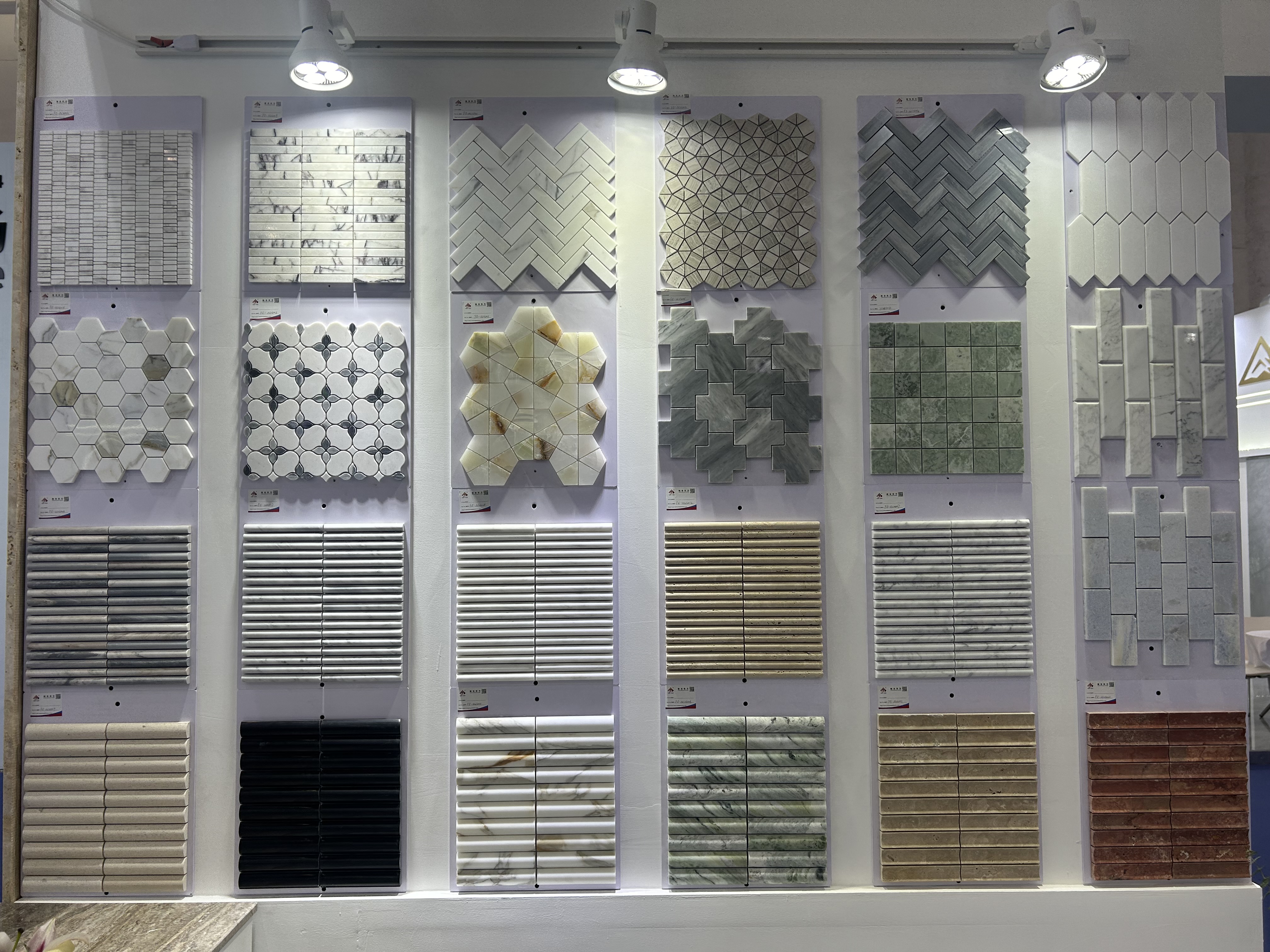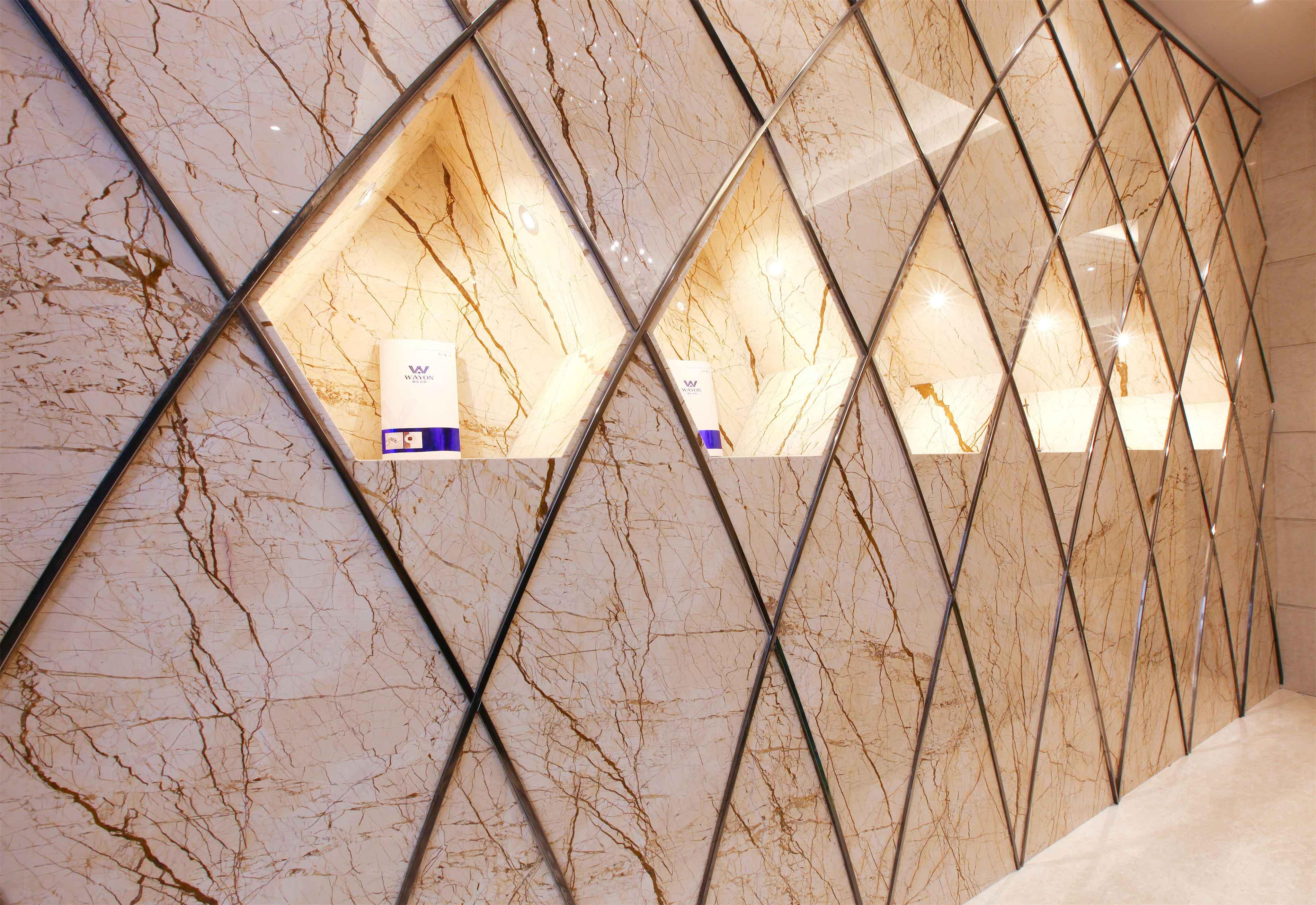
Stone, a gift from nature, has evolved in tandem with human civilization. From the stone tools of early times to the stone furniture of today, from the architectural decorations of the Pyramids, Colosseum, Parthenon, and the Great Wall to the aesthetic art of Dazu Rock Carvings, Longmen Grottoes, and Mogao Caves, and from the stone instruments of the past to the literary arts of dddhhhDream of the Red Chamberdddhhh and dddhhhJourney to the West,dddhhh stone has been an ever-present companion in human life.
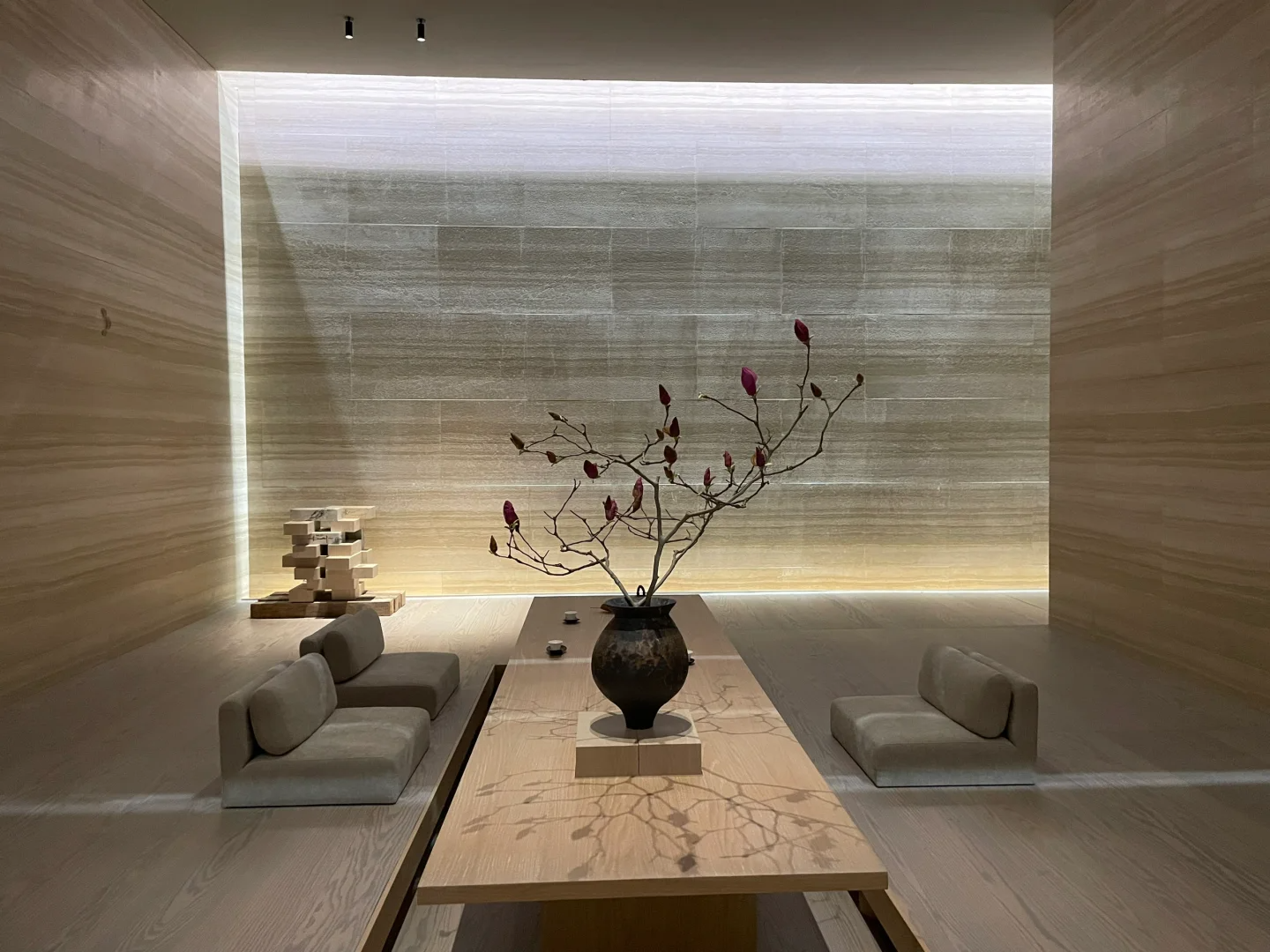
As times have progressed, alongside the development of material civilization, the spiritual civilization of humanity has also seen corresponding advancements. Over 200 years ago, abroad, the focus of decoration materials shifted significantly towards stone, reflecting a spiritual evolution towards the pursuit of the natural and the veneration of nature, especially in the admiration for antique styles, which has formed a fashion for the antique.
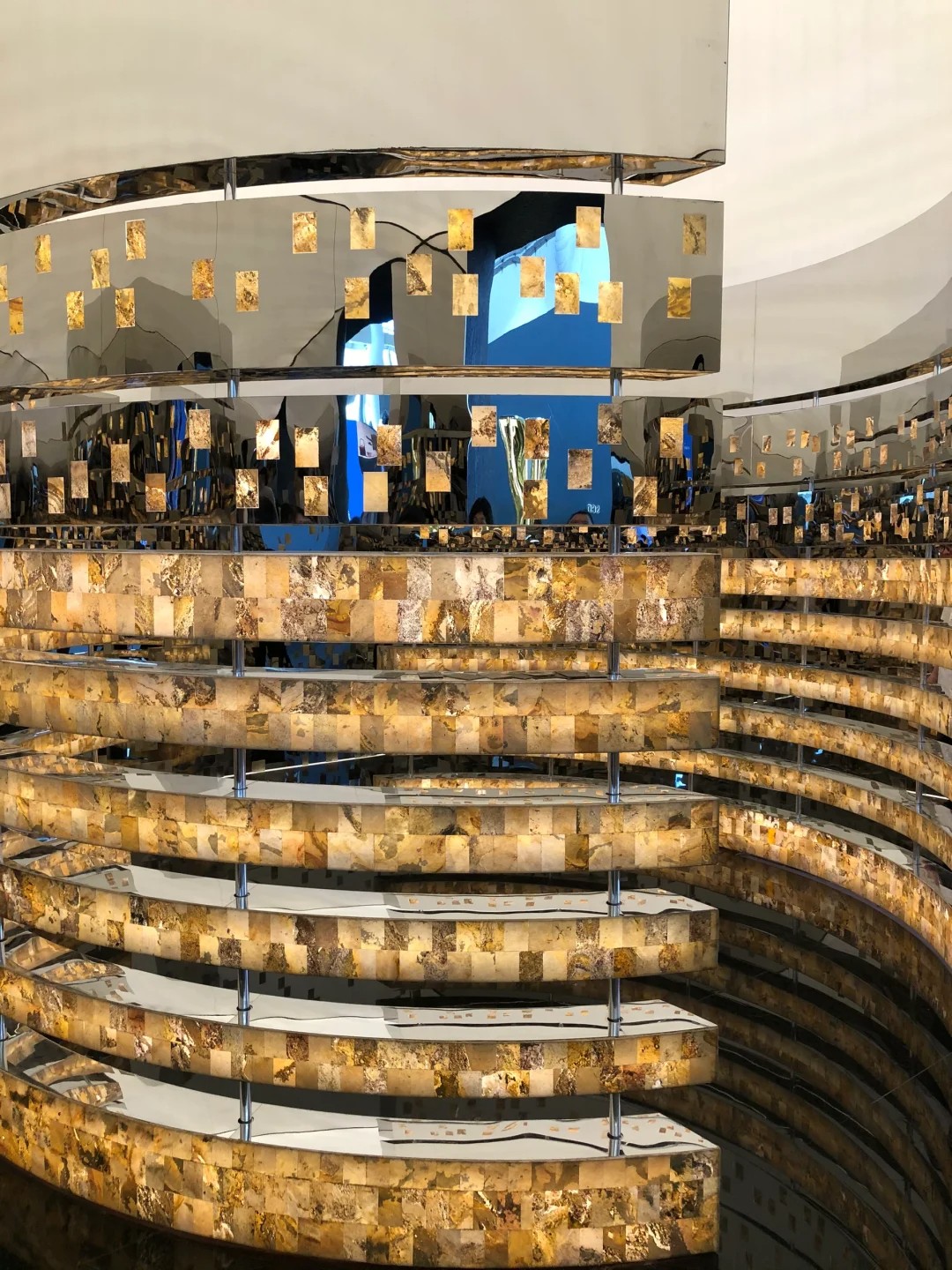
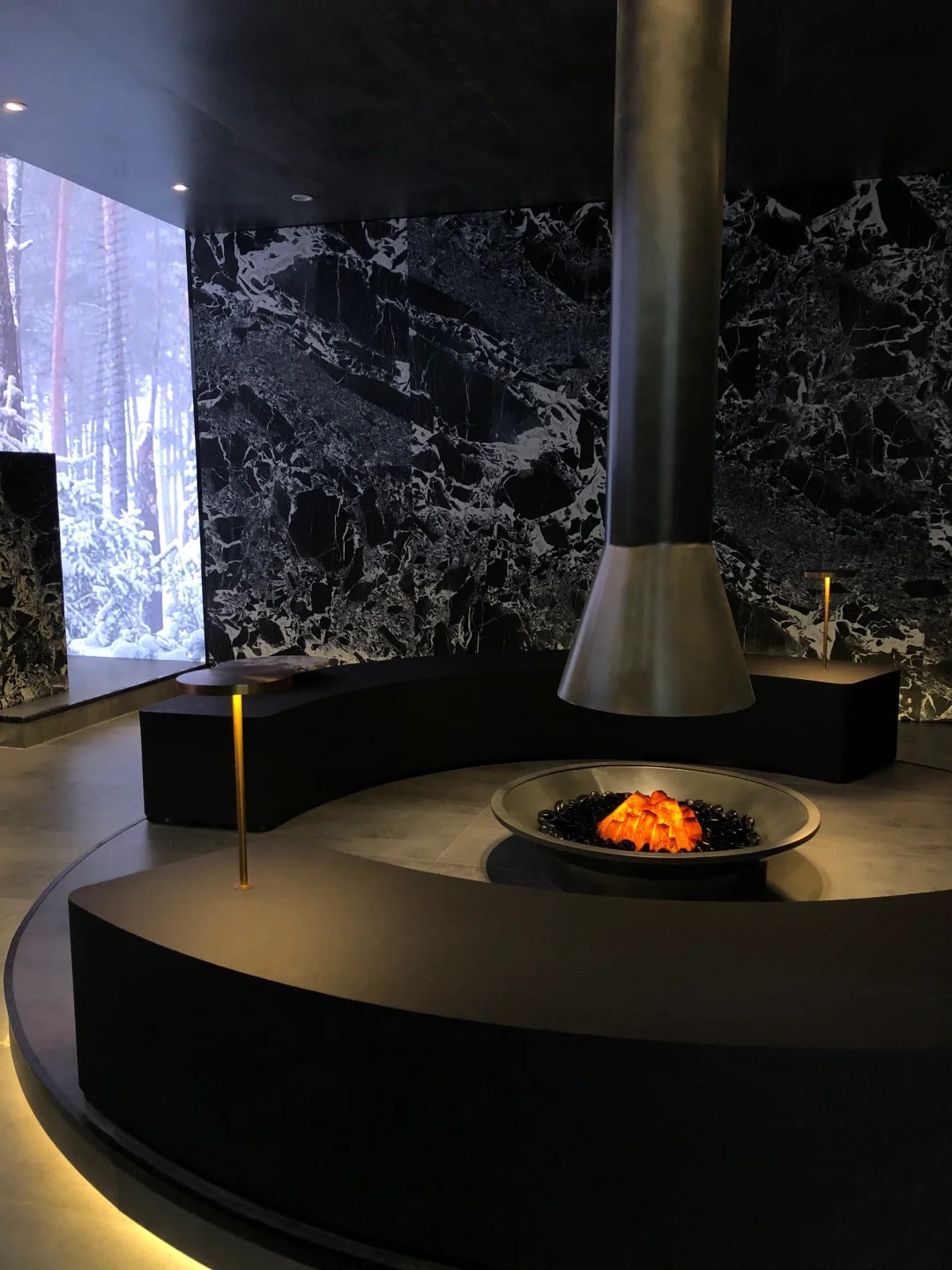
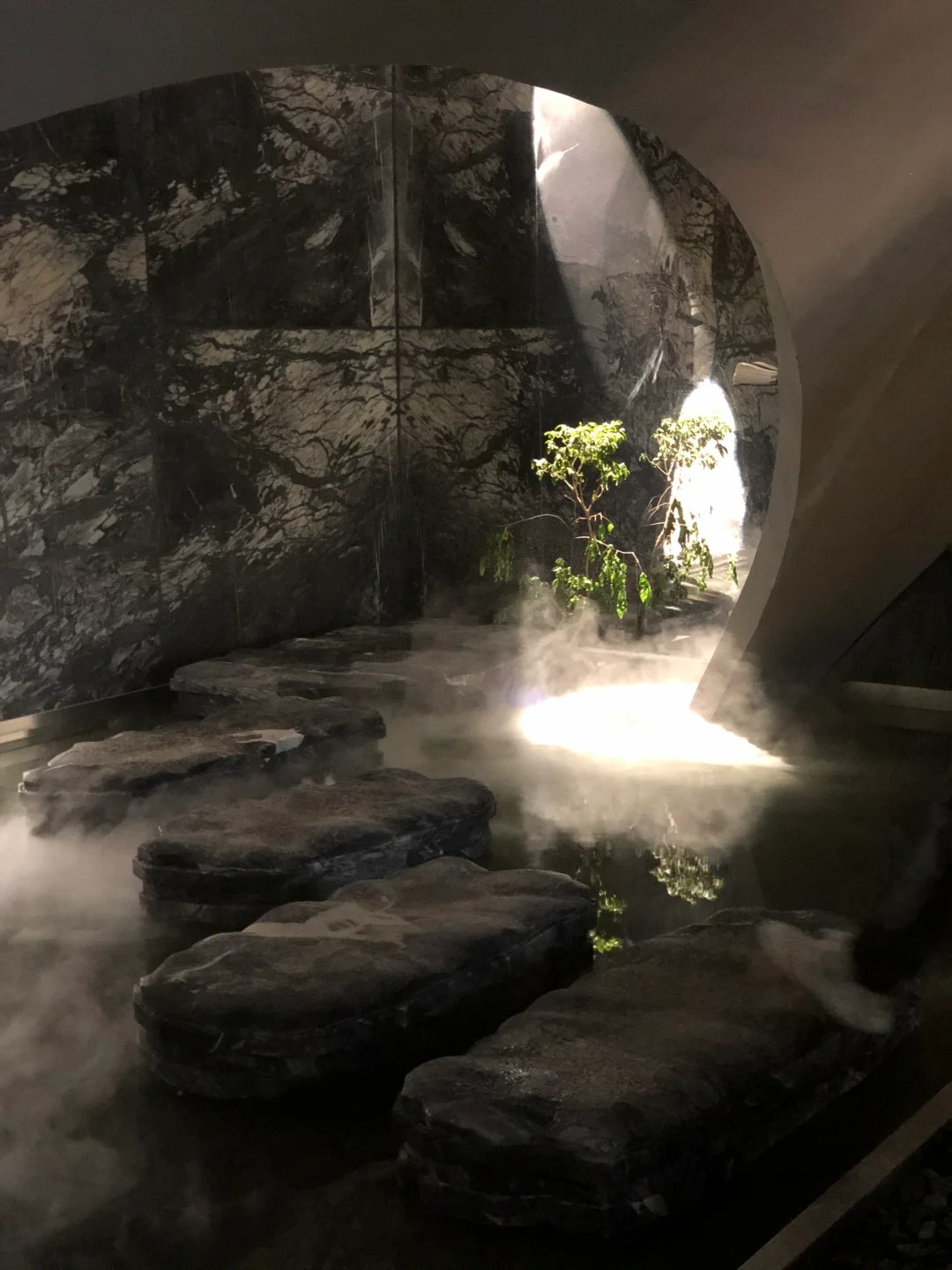
Today, the human connection with stone is primarily concentrated in architectural decoration and is also reflected in the culture of appreciation.
I. Blocks
Block is the raw material for stone processing, the unprocessed large blocks of stone that form the basis of all stone products.
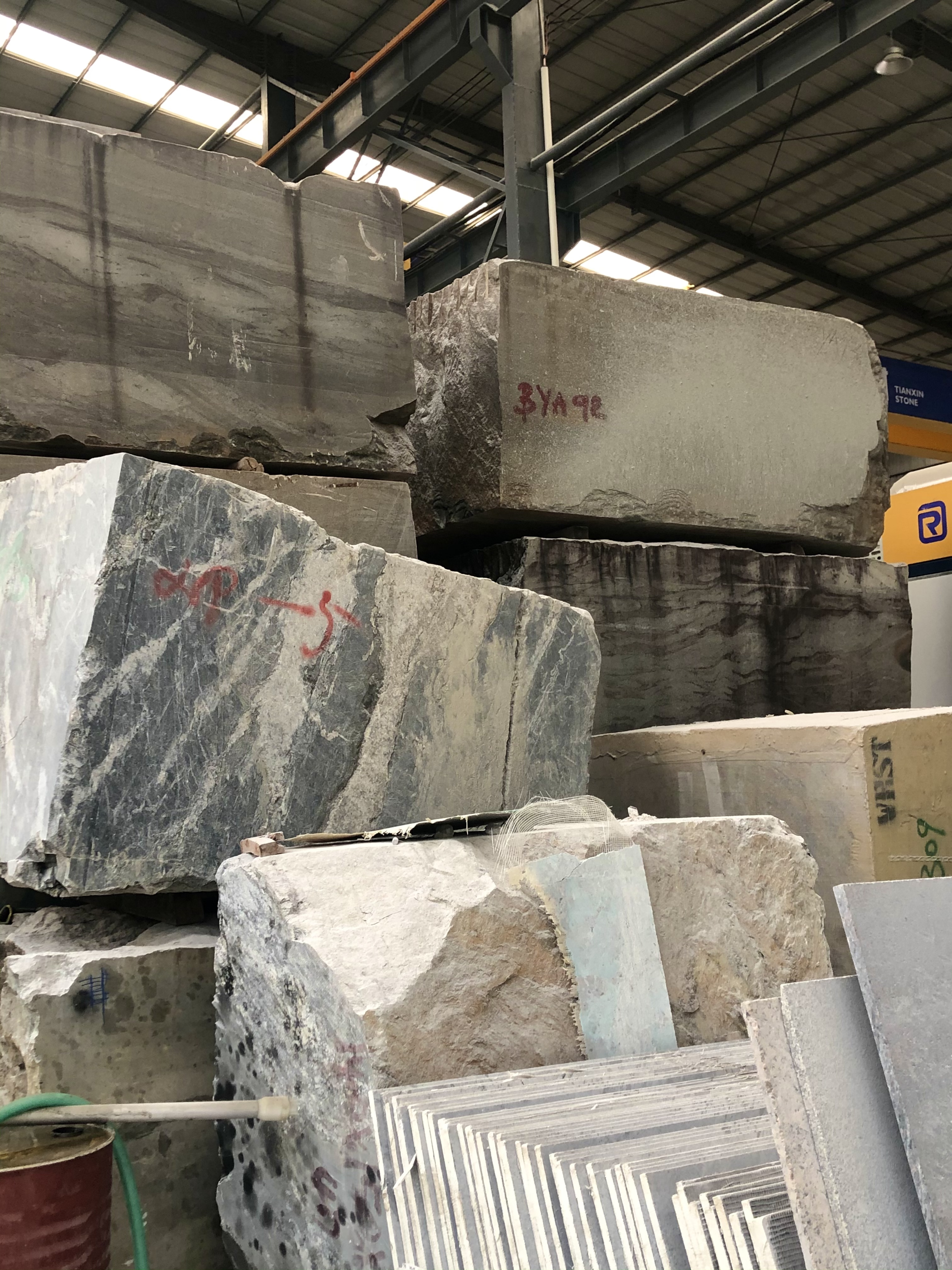
II. Slabs
Slabs are the flat materials processed from stone, which can be categorized based on different processing methods and uses:
Big Slabs
Directly sawn from rough stone.
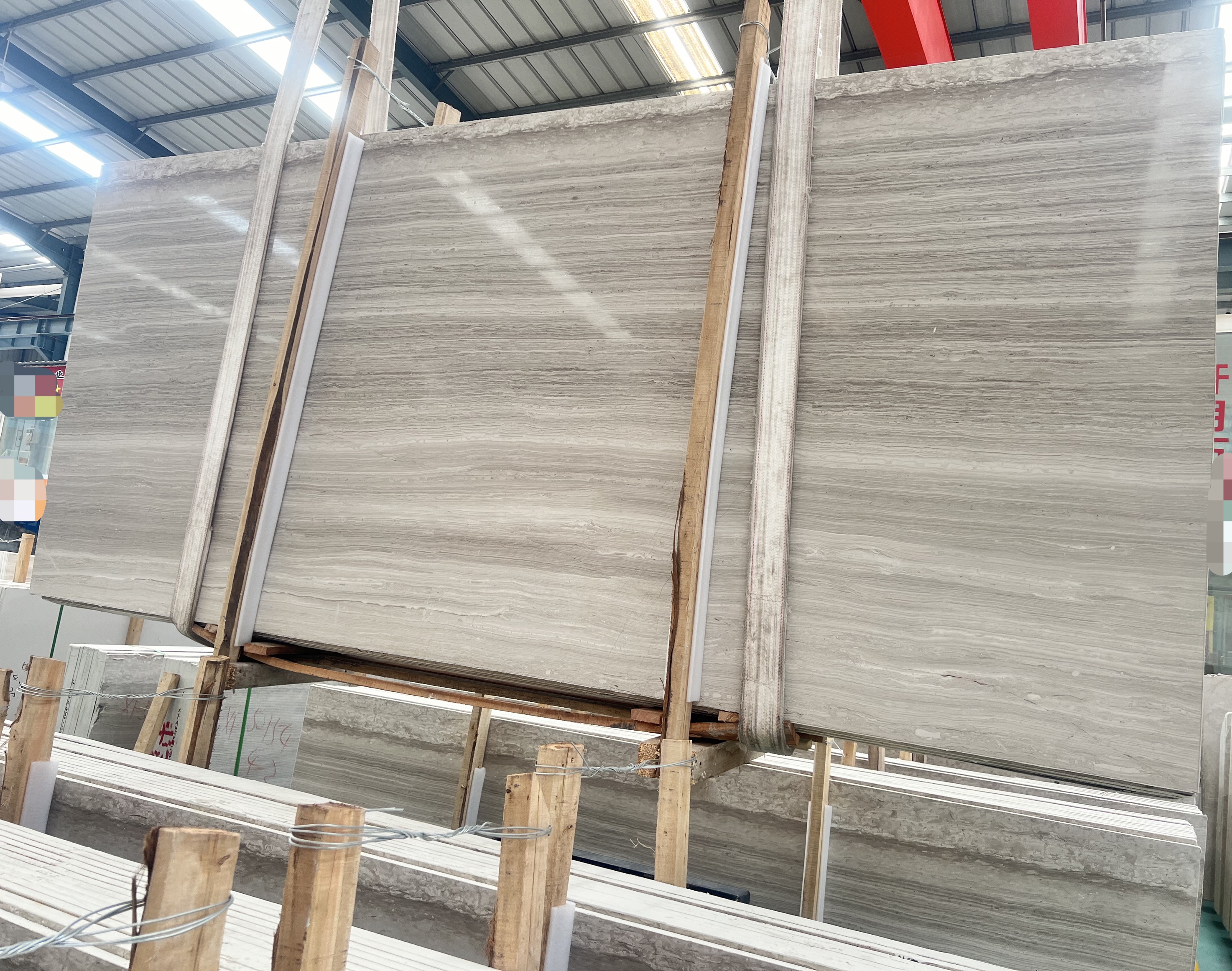
Strip Slabs
Slabs cut according to the diameter of the cutting tool, with common sizes including 60cm, 70cm, 80cm, 90cm, 100cm, etc.
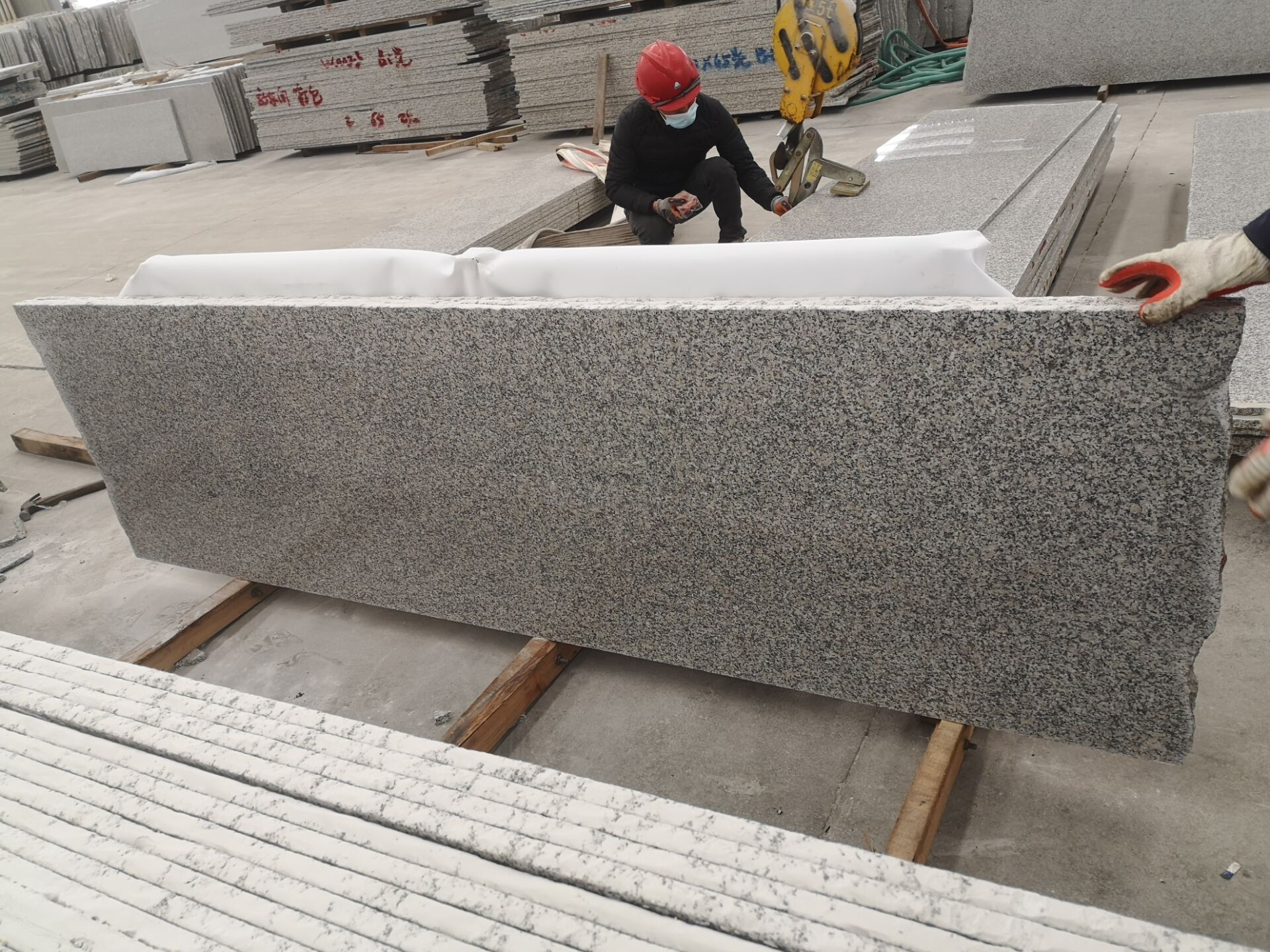
Cut-to-size Slabs
These are processed in the factory according to the dimensions from the site's actual conditions and project templates.
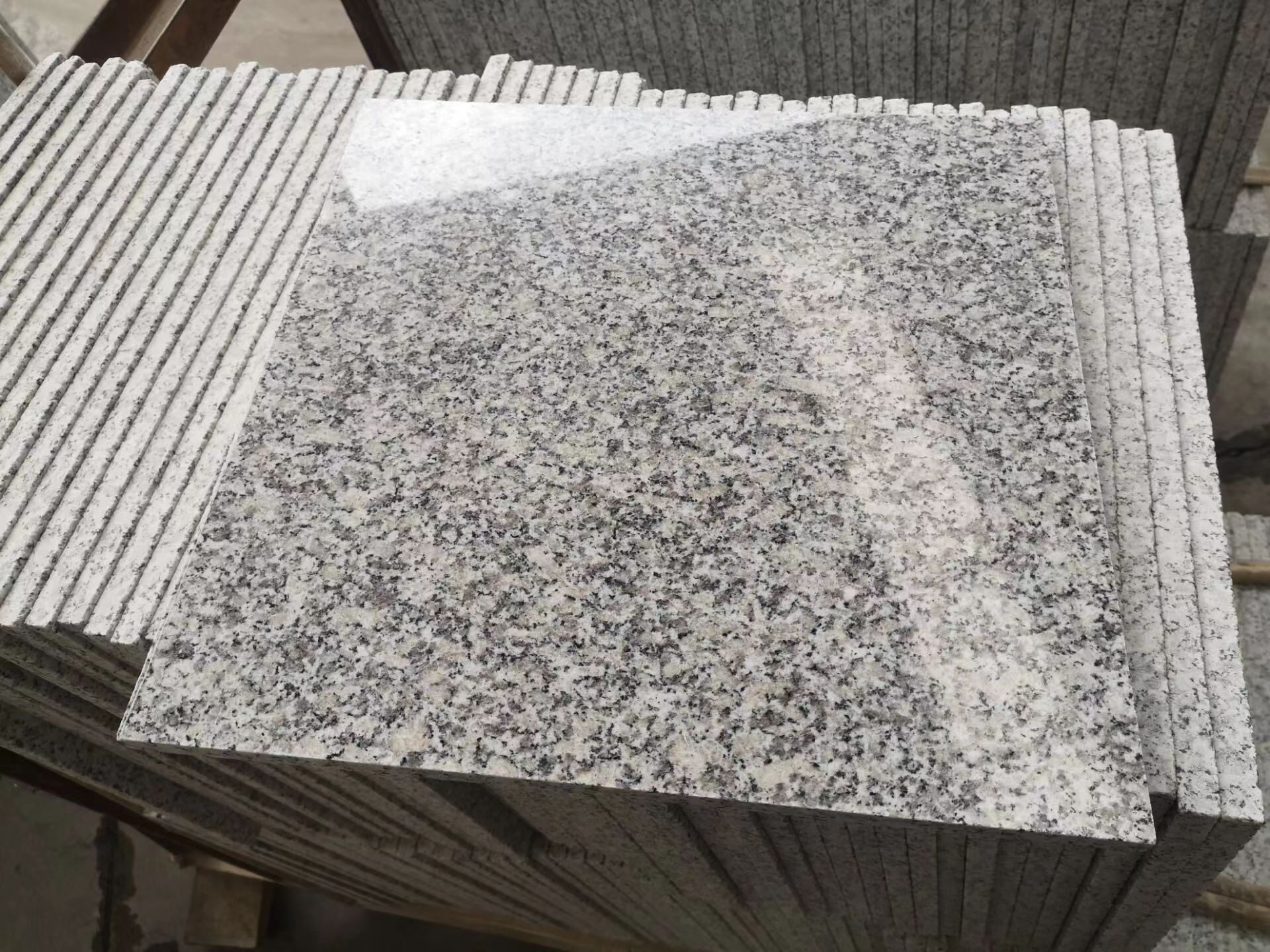
Composite Slabs
Products made by gluing two materials together, with the top panel usually being valuable materials, and the bottom panel can be stone, honeycomb board, or aluminum plastic board, etc., based on customer needs.
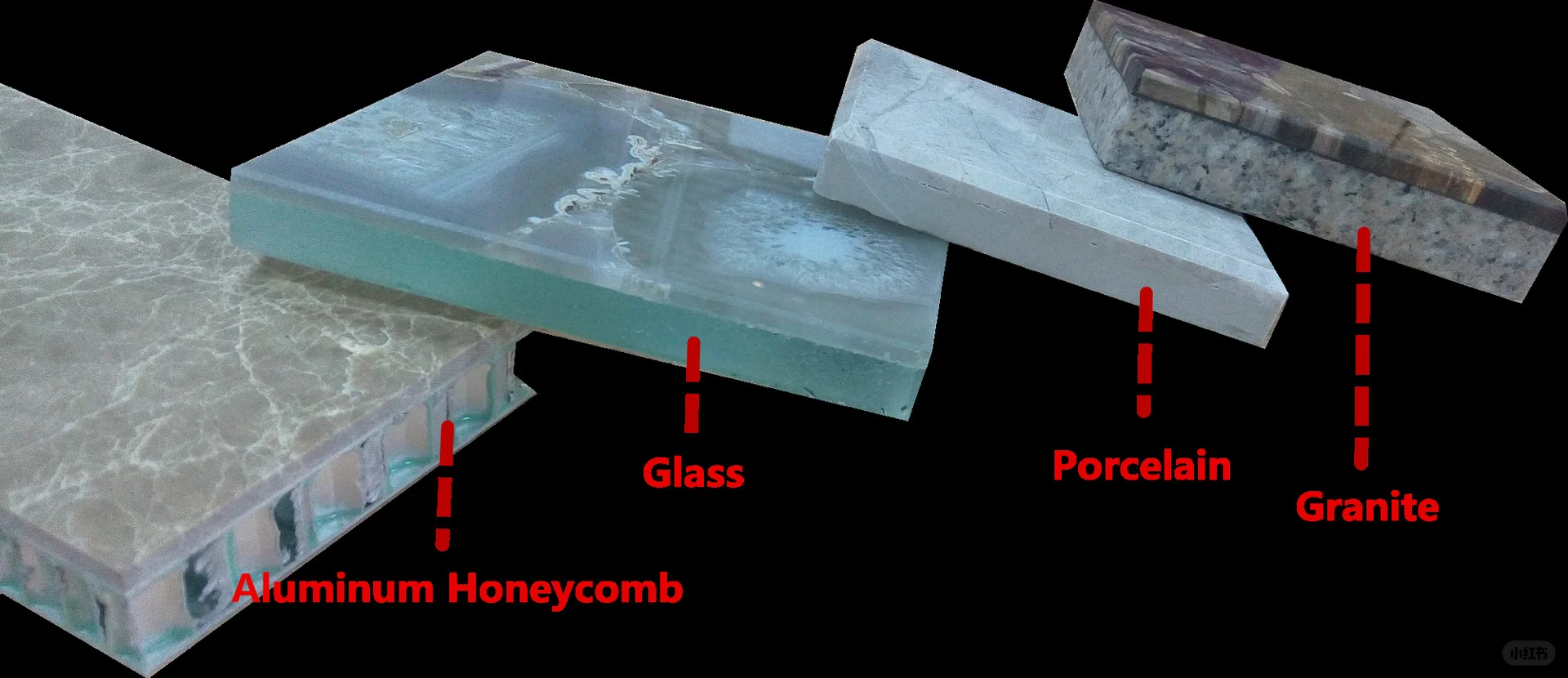
Thin Slabs
Commonly seen abroad, similar to domestic tiles, with common specifications of 305mm×457mm, usually about 1cm thick, easy to install and sell.
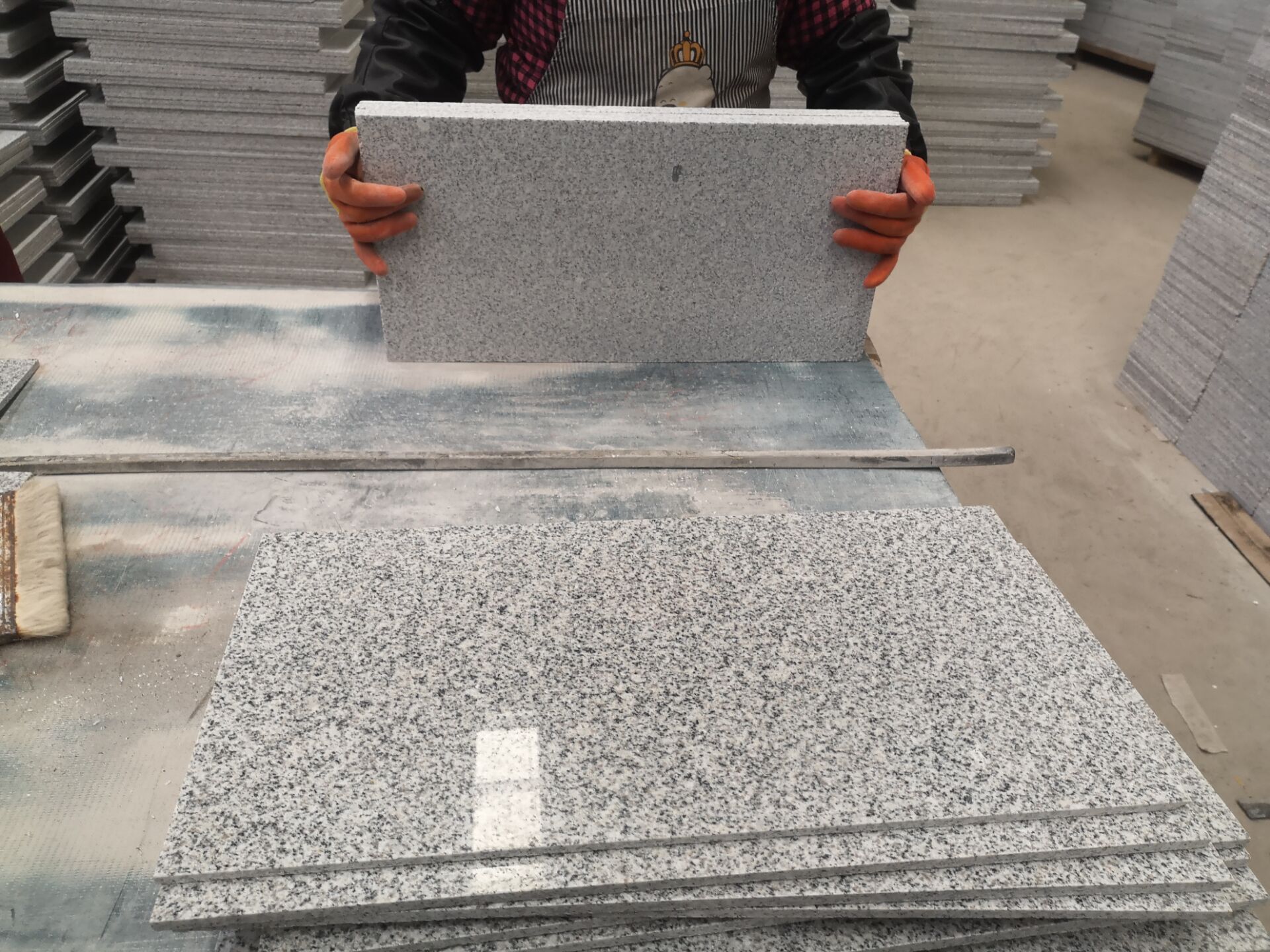
Countertops
Including kitchen countertops, bathroom vanities, coffee counters, dining tables, coffee tables, and countertops (slab countertops/composite countertops).
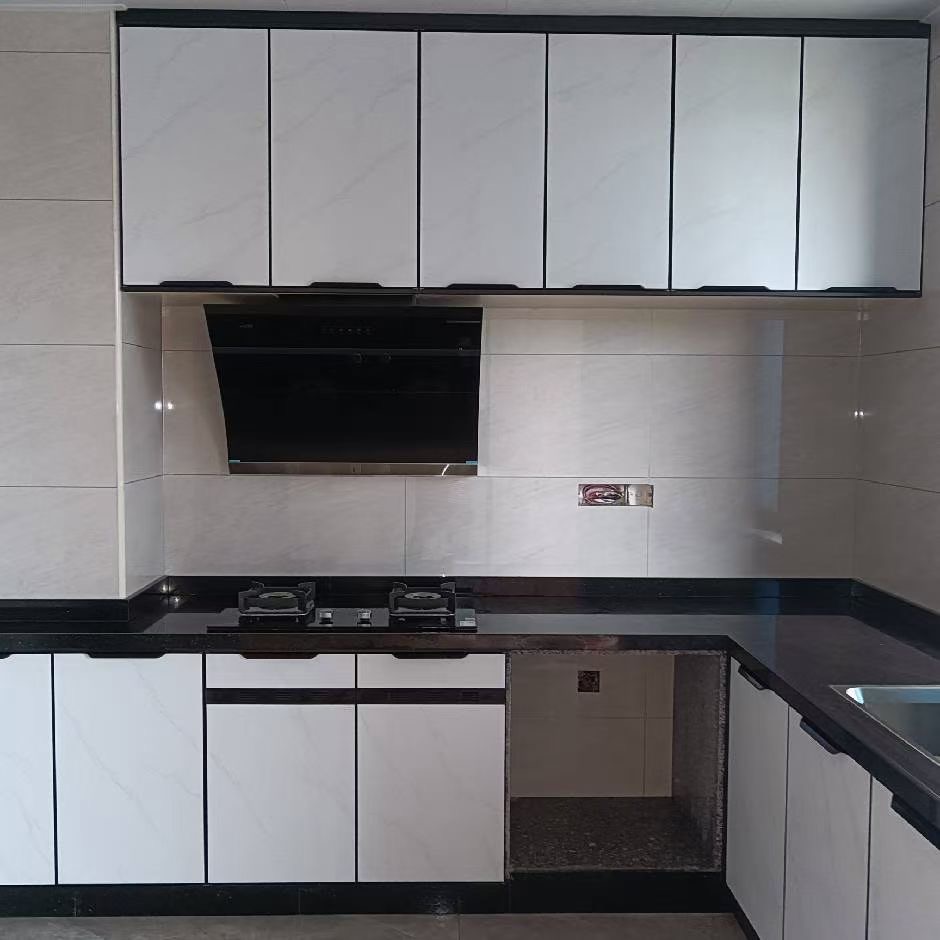
III. Special Shapes
Special-shaped stone products, with their unique shapes and decorative effects, are widely used in architectural decoration.
Moldings
According to their appearance, they can be divided into straight lines, flat arcs, arc plates, and slab lines, etc., commonly used for door/window casings, wall decoration belts, eaves, mirror frames, and some closing or purely decorative lines.
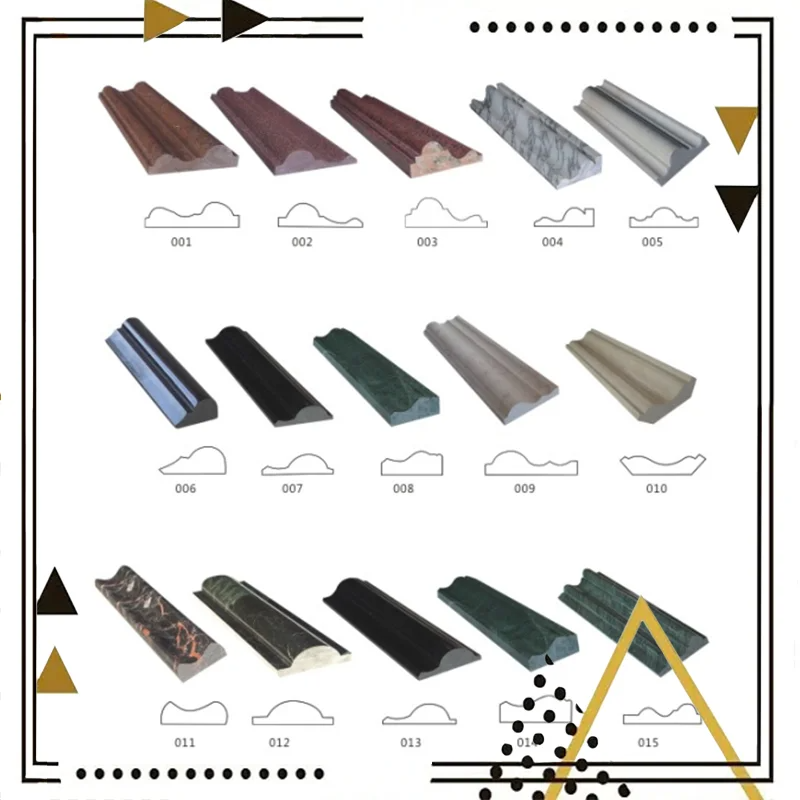
Columns
Columns are generally divided into three parts: column heads, column bodies, and column bases. With the development of technology, there are hollow columns and solid columns, with hollow columns being the effect of packaging cement columns with flat plates or arc plates, and solid columns being entities. To achieve better decorative effects of columns, they can be categorized into Roman columns, smooth columns, twisted columns, conical columns, drum-shaped columns, carved columns, etc.
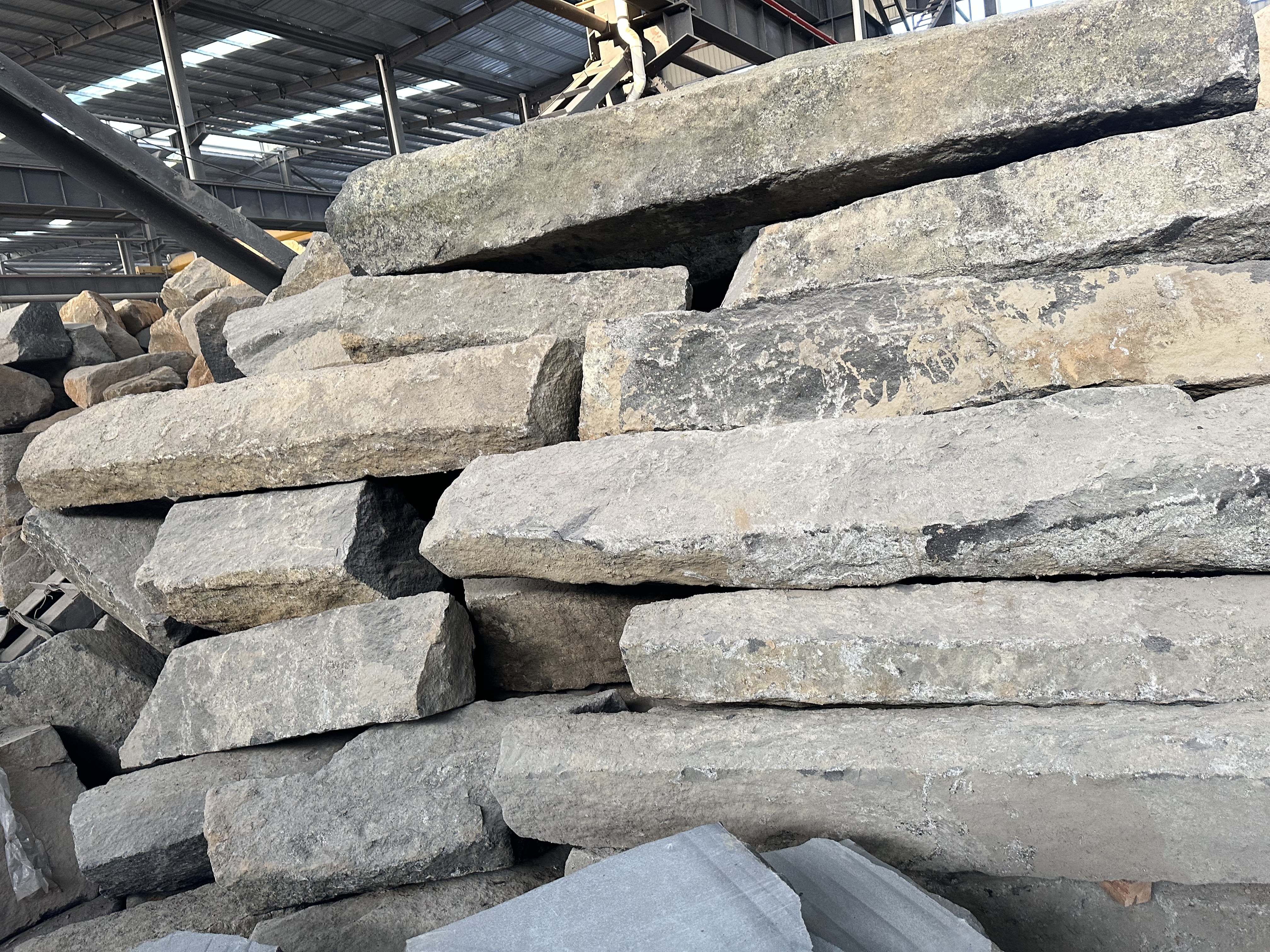
Fireplaces
Fireplaces are an imported product, mainly used for making fires abroad, similar to our shrines. There are slab fireplaces and solid material fireplaces, which are often carved to enhance their ornamental value.
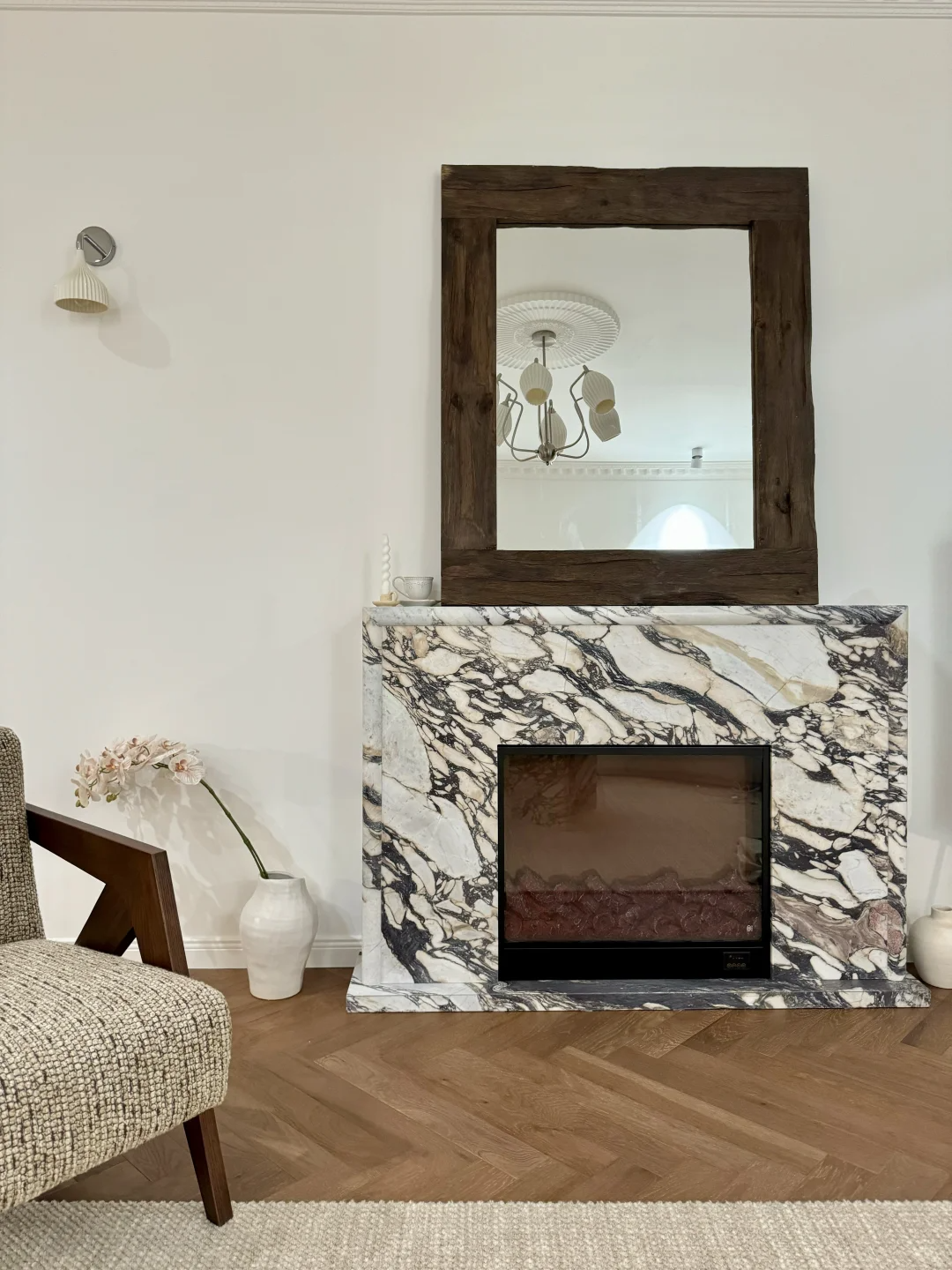
Washbasins
Processed from small rough stones, mainly utilizing their natural veins to perfectly combine practicality and ornamentality.
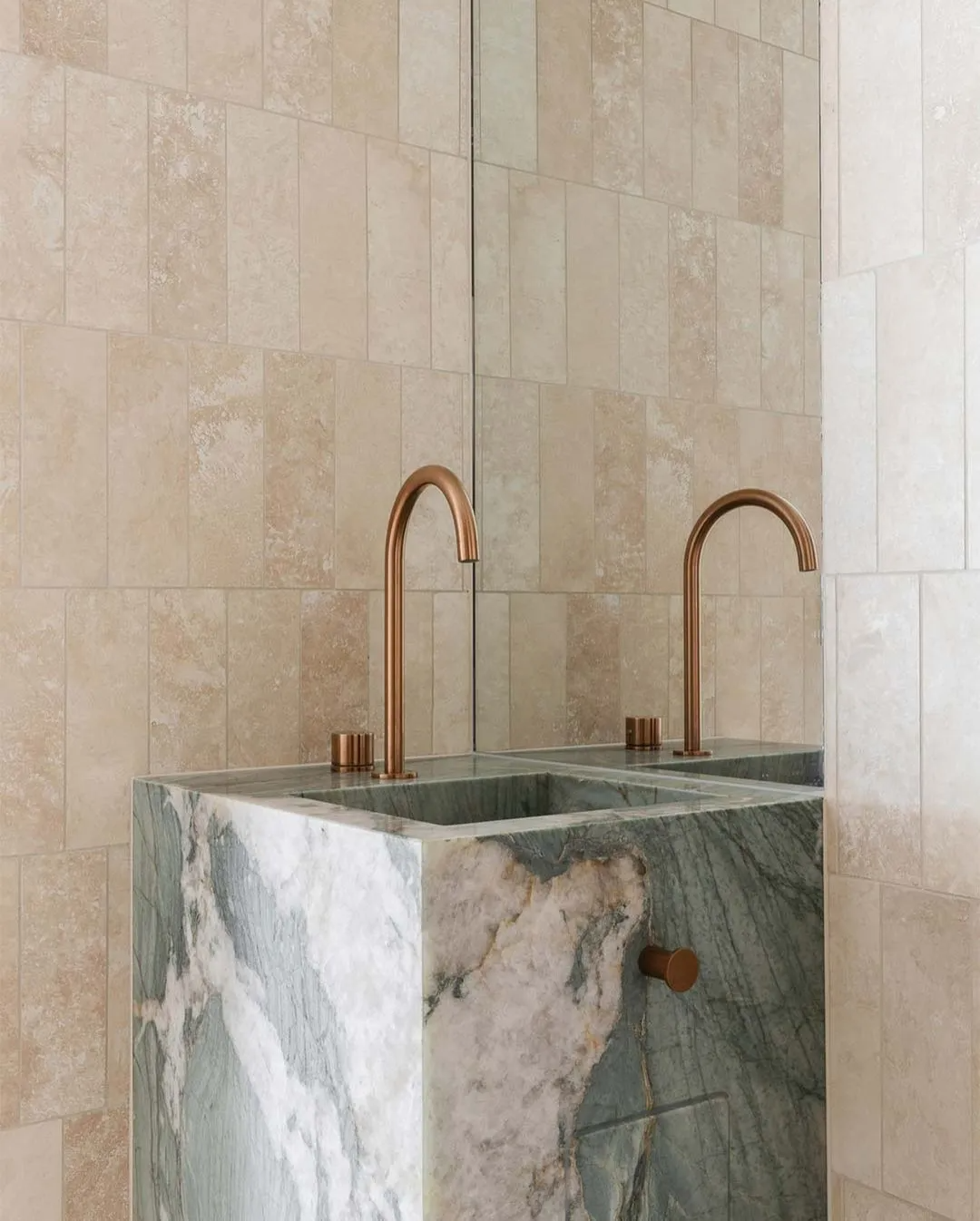
Tombstones
Tombstones are a long-standing product, mainly for their durability, which caters to people's psychological needs. With the development of society, more and more people are using stone to make exquisitely carved tombstones and urns to express their remembrance of the deceased.
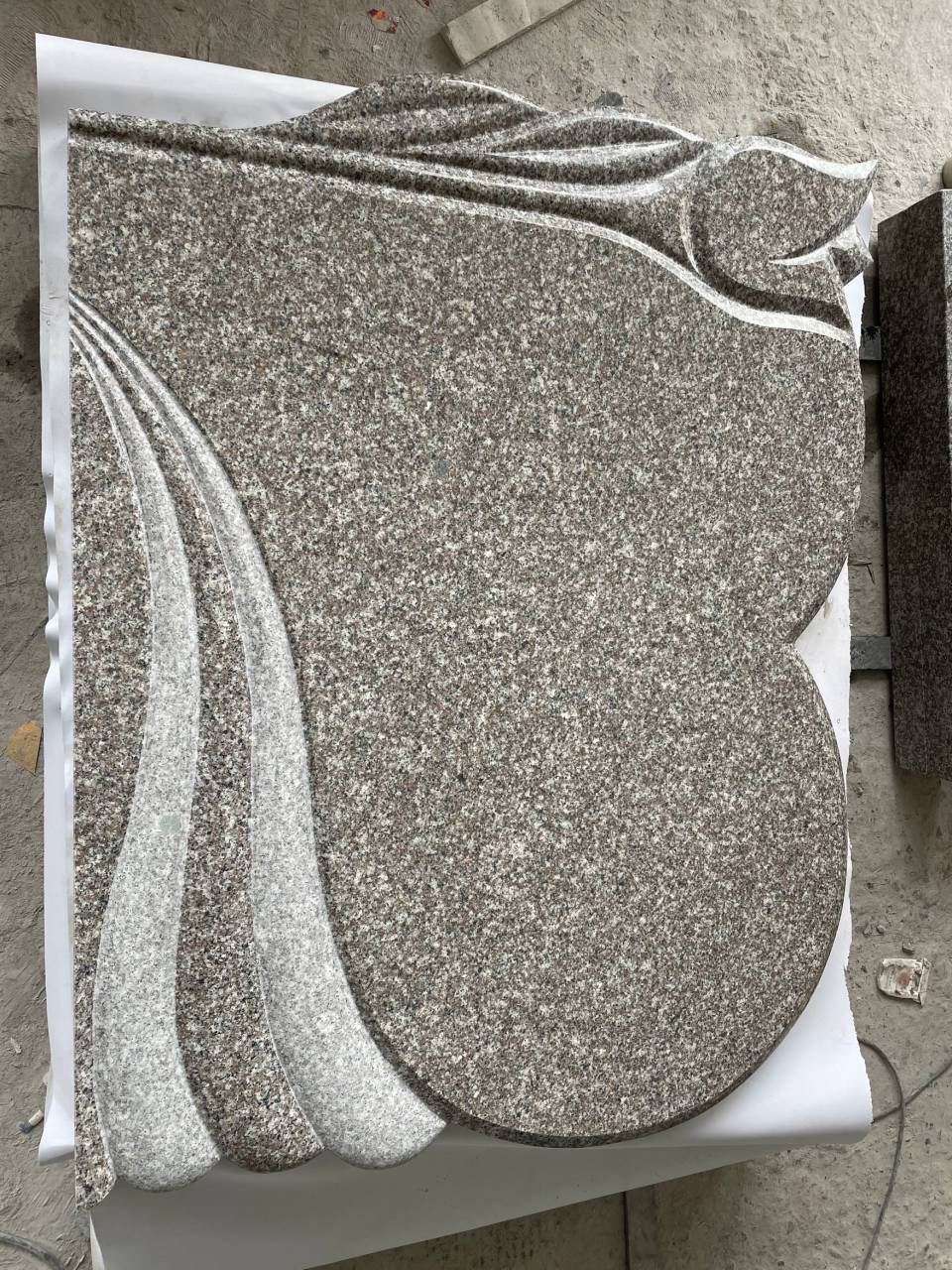
IV. Mosaics
Mosaics, known as dddhhhmosaicdddhhh in English, have a history of hundreds to thousands of years abroad, especially prevalent in churches. The materials used are wide-ranging, including stone, glass, branches, ceramics, and now even metals and gems. Mosaics are known for their rich colors and extensibility, capable of delicately depicting various patterns. For example, the Mona Lisa's portrait, when viewed from a distance, is indistinguishable from a mosaic or an oil painting.
V. Sculptures and Other Artworks
Sculpture is the earliest carrier of stone culture, including three-dimensional sculptures, reliefs, and shadow carvings, as well as jade vases, zodiac animals, and other artworks.
Conclusion
The variety of stone products is vast, from rough stones to slabs, from special shapes to mosaics, and to sculptural artworks, each bearing humanity's pursuit of beauty and reverence for nature. As society develops, the human bond with stone is not only reflected in architectural decoration but also deeply embedded in the culture of appreciation. The application of stone products continues to innovate, presenting a more diverse and colorful appearance.
Lillian Fortune East Stone
📧 Email: sales05@fortunestone.cn 📞 Phone: +86 15960363992 (Available on WhatsApp) 🌐 Websites: www.festonegallery.com | www.fortuneeaststone.com


